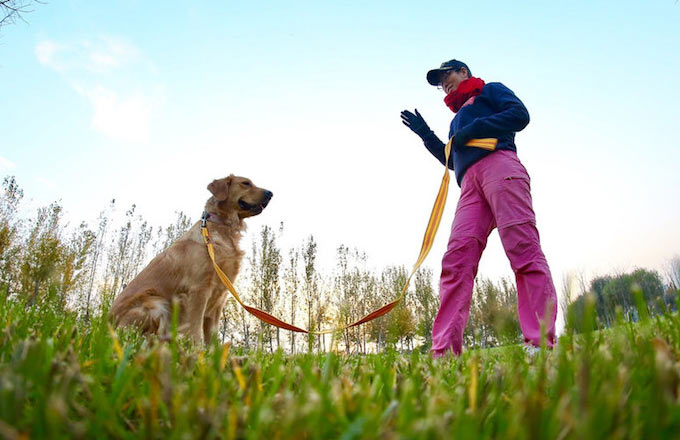Chinese scientists identify genetic pathway in aging
Chinese scientists studying a worm have found the first genetic pathway underlying natural variation in aging, which could provide insights for the development of interventions to slow down the process in humans.
They found that the combination of a certain neuropeptide coding gene and its receptor gene controls the stress reaction of a "longevity gene", which regulates the rate of aging.
The more active the coding gene and the stronger the receptor gene, the more rapid aging occurs, according to the team from the Chinese Academy of Sciences' Institute of Neuroscience.
An article about their study, which took more than five years, was published on Thursday in the journal Nature.
Uncovering the genetic secrets of the aging rate is significant, as the average age of the global population is rising fast. Aging is also a major risk factor for diseases, such as cancers and diabetes, the researchers said.
According to the United Nations, the number of people age 60 or older hit 1 billion worldwide this year and will rise to 3.1 billion by 2100.
"When people live longer, they begin to care more about healthy aging, which means keeping healthy and youthful and having a better quality of life in their twilight years, like some lucky ones do," said Cai Shiqing, the team's lead researcher.
One peer review of the article said the results will be of interest to the readers of Nature because of the general lack of information about how natural genetic variation regulates aging, and the role of neuromodulatory signaling in the process.
Lab experiments were conducted on Caenorhabditis elegans, a transparent worm about 1 millimeter in length that lives in temperate soil environments. It is the basis of the animal model widely used for age-related research because of its clear genetic profile and short life span - an average of three weeks.
The tiny free-living worms from different parts of the world show varied rates of decline in virility, eating and locomotion during aging.
Researchers said they have not yet found the worms' neuropeptide in the human body.
"But we know that animal evolution is conservative, and if we carry on with further studies we're confident that we will probably find that the mechanism underlying the aging rate of mammals is the same as for the worms," said Mu-Ming Poo, director of the institute and an academician of the science academy.
"Healthy human life can be extended if there is a way to target these genes in the future," he said.
























